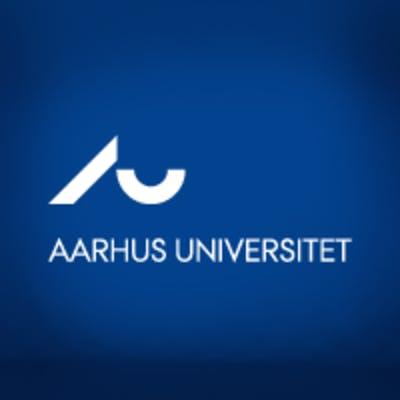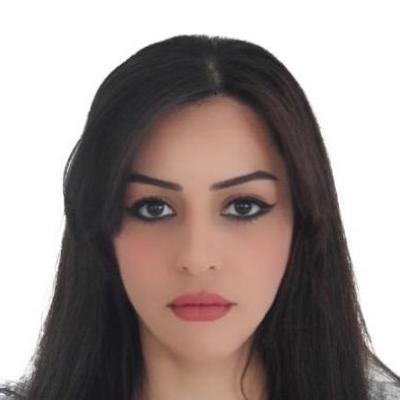Insurance requirements for studying at Aarhus University

Insurance information for Aarhus University
Insurance is important while studying at Aarhus University because it can protect students from financial loss due to unforeseen circumstances such as accidents, illness, or theft. It can also provide coverage for tuition and other school-related expenses in case of emergency or withdrawal from classes. Having insurance can also provide peace of mind and allows you to focus on your studies.
About Aarhus University
Rooted in strong disciplines, researchers and students have been generating new knowledge here for over 90 years. Aarhus University is Denmark’s second-largest university, with 38,000 students, five faculties, research activities all over the country and campuses in Aarhus, Herning and Emdrup.
Find interesting master studies for Aarhus University at Mastersportal

Not at all! In Denmark, Aon is most of the times much cheaper than insurances offered by your university. Save money for things that matter to you.
Insurance information for Denmark
If you are going to study and live in Denmark, you want to be fully prepared before starting your adventure. Among other things, you want to make sure your insurance covers everything you need, without paying too much.
Students from the EU/EEA or Switzerland
Students from EU/EEA countries, who are in possession of valid health insurance in their home country, may use the European Health Insurance Card (see FAQ EHIC). This is a free card that gives you access to medically necessary, state-provided healthcare during a temporary stay in any of the 27 EU countries, Iceland, Liechtenstein, Norway and Switzerland under the same conditions and at the same cost (free in some countries) as people insured in that country. Please note that EHIC is according to EU recommendations not an alternative for Travel Insurance . EHIC does not guarantee free services. As each country’s healthcare system is different services that cost nothing at home might not be free in another country.
If you are an EU/EEA citizen or a Swiss national and you plan to stay in Denmark for less than 3 months, and provided you are covered by a statutory health insurance service in another EU country, you can use your European Health Insurance Card (EHIC) to access any healthcare service that becomes medically necessary during your stay in Denmark.
Students from outside the EU/EEA
In accordance with the Danish Health Act, all non-residents staying in Denmark are entitled to emergency hospital care free of charge 'in the event of an accident, childbirth, acute illness or sudden aggravation of a chronic disease'. All other healthcare services must be paid for by you or your insurance Please note: The Danish public healthcare system does not cover transportation to your home country in the event of illness.
No worries, we've got you covered. Together with our partner Aon, we are going to make sure you get the perfect insurance package. Your study abroad adventure will be awesome, but insured for all risks, including health care.
Is this enough?
It is important to understand that the EHIC (European Health Insurance Card) is not always enough, Please note that EHIC is according to EU recommendations not an alternative for Travel Insurance, and that the local health system will probably not cover:
- Additional medical costs, not covered by Danish Health system
- Repatriation
- Liability
- Home contents and baggage
- Accidents
- Legal aid
- Worldwide cover
You will need an insurance policy also covering, but also arranging for you, for example:
- You returning home if a close relative is seriously ill or dies;
- p to two close relatives visiting you in if you fall seriously ill;
- Your medical repatriation to your home country for hospitalization or rehabilitation treatment;
- or in the worst possible situation, returning a body home for burial.
- Tuition Fee Insurance for international students what is it and why its useful
Free quote from Aon
Via our partner Aon, you can easily discover details that apply to your specific situation. To get advice and insight in the costs of insurance, you can freely request an instant quote.
About Denmark
Denmark prides itself on its exceptional education system and top-notch academic institutions in Europe. EU/EEA nationals can study for free at local public universities, benefiting from small group classes and active participation. Professors provide individual attention to ensure no student is overlooked. With over 90% of Danes speaking English, language barriers are virtually non-existent. However, learning Danish, even at a conversational level, may be necessary for part-time job opportunities. Prepare to fall in love with the Danish concept of 'Hygge' – a feeling of calm, coziness, and tranquility, embracing the enjoyment of the present moment.











